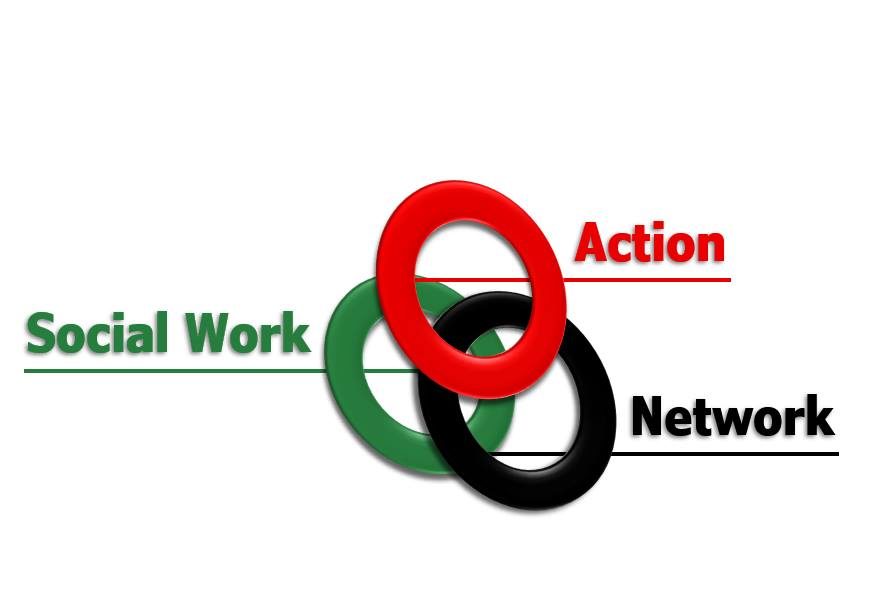Mental health social workers join Avon and Wiltshire admin workers to protest against cuts to staffing at the NHS Trust.
Administrative staff working for an NHS mental health Trust covering a large area of the South West of England are fighting bosses’attempts to drastically cut back on admin capacity, a move which local Unison reps say will severely jeopardise the quality and safety of mental health care.
The Avon and Wiltshire Mental Health Partnership Trust (AWP) are proposing to save £500,000 by cutting and downgrading large swathes of admin staff. There is talk of 74 fewer Band 4 posts and staff forced to reapply for a reduced pool of Band 3 posts, with specialist medical secretary jobs, for example, absorbed into generic the Band 3 administrator role, and the introduction of cheaper Band 2 apprentices to fill some of the gaps.
As one admin worker commented, ‘It is difficult for me to accept that one day I will be coming into work on a Band 4 and the next I will be working on a Band 3, when my work will not have changed one iota. The Job Descriptions may be new but the actual day-to-day work will be exactly the same.’ In fact, not only are both administrative and clinical staff already over-stretched in terms of workloads, but many admin staff are also working beyond their band.
Furthermore, this attack on what are overwhelmingly women workers goes completely against the Trust’s stated commitments to significantly narrow the already large gender pay gap in the AWP.
The proposals come against a backdrop of a crisis nationally in mental health care. On the 22nd October this year the Trade Union Congress (TUC) released a report showing how the decreasing provision of mental health services across the UK is coinciding with increasing demand (i.e. rising mental health need). Thus, over the last five years, the number of patients accessing mental health services in England has risen by a third (540,000), yet over the same period the number of mental health nurses, doctors and beds in the country has fallen. This has meant ‘huge pressure on the workforce and left mental health services struggling to staff services safely’, and consequently this ‘is ‘having a negative effect on patients who use these services and on the health and safety of the staff who provide them’ (p. 14) (TUC, 2018, Breaking Point: the crisis in mental health funding. Available at: https://www.tuc.org.uk/sites/default/files/Mentalhealthfundingreport2_0.pdf)
Whilst it’s complicated to calculate the scale of this cut to administrative capacity in the AWP, we are looking at up to a 40% reduction. Thus, in a context of a 34% rise in patient demand across of the South West of England (TUC, 2018), far fewer staff will be expected to cover the same (and growing) amount of work.
The proposals will have a very big impact on clinical staff, including social workers who perform care coordination and/or assessment roles, as well as other specialist clinical interventions. Reduced administrative support means even less space both to develop therapeutic relationships with service users and to properly reflect together with colleagues on our practice and to deepen understanding and skills outside a narrow medicalising framework.
Such implications are reflected in the solid support from clinicians for the admin workers’ campaign to oppose the administrative review proposals. A recent Unison-organised Day of Action on Thursday 6th December saw hundreds of AWP staff from a variety of professional specialisms engage in lunch time walk-outs across all the main localities of the Trust: North Somerset, Bristol, South Gloucestershire, Bath and North East Somerset, and Wiltshire. Apart from immediate dangers to staff well-being, and quality and safety of care, clinical staff including social workers know very well that if these proposals go through, they will themselves be a lot more vulnerable to future restructuring and levelling down.
Unison is now preparing for an indicative ballot of admin staff as the next step towards industrial action against the proposed changes ,and will continue to liaise with health campaigners, service users and their family members/loved ones.
Messages of support please to wabhunison@gmail.com
[photos at: https://www.facebook.com/Wiltshire-and-Avon-Health-Unison-1973538692723429/ ]

